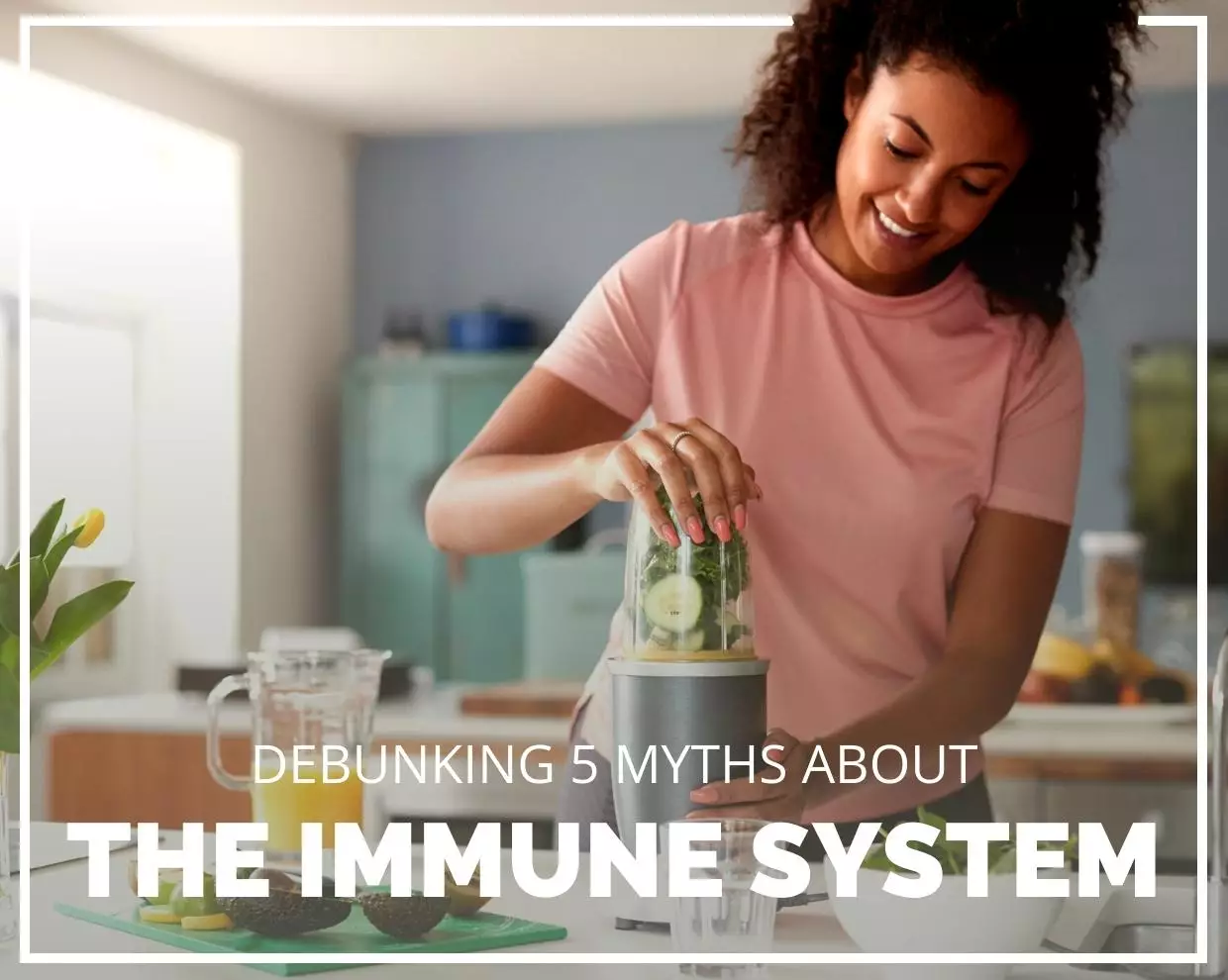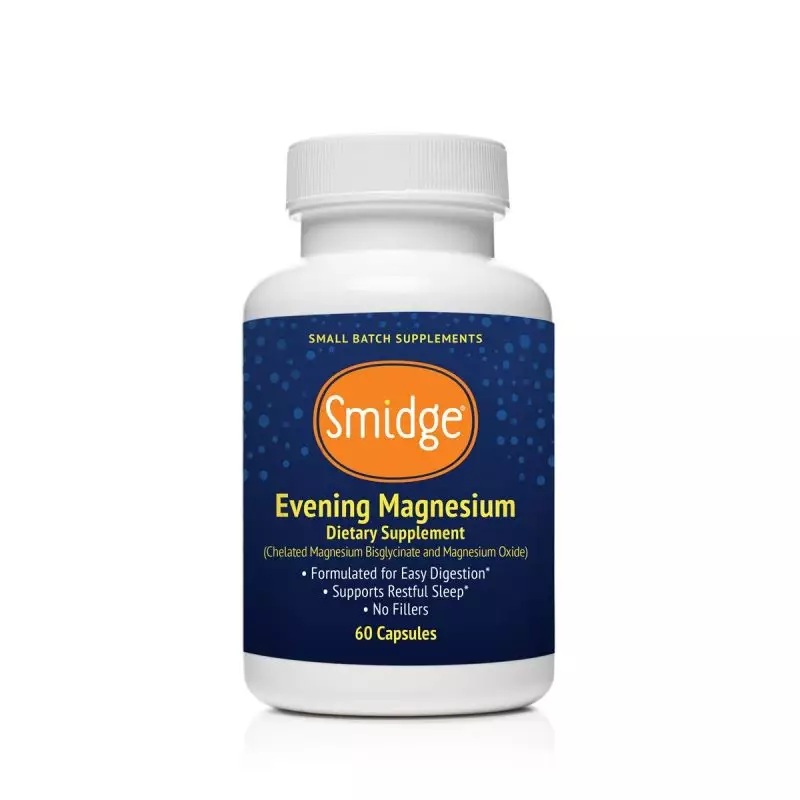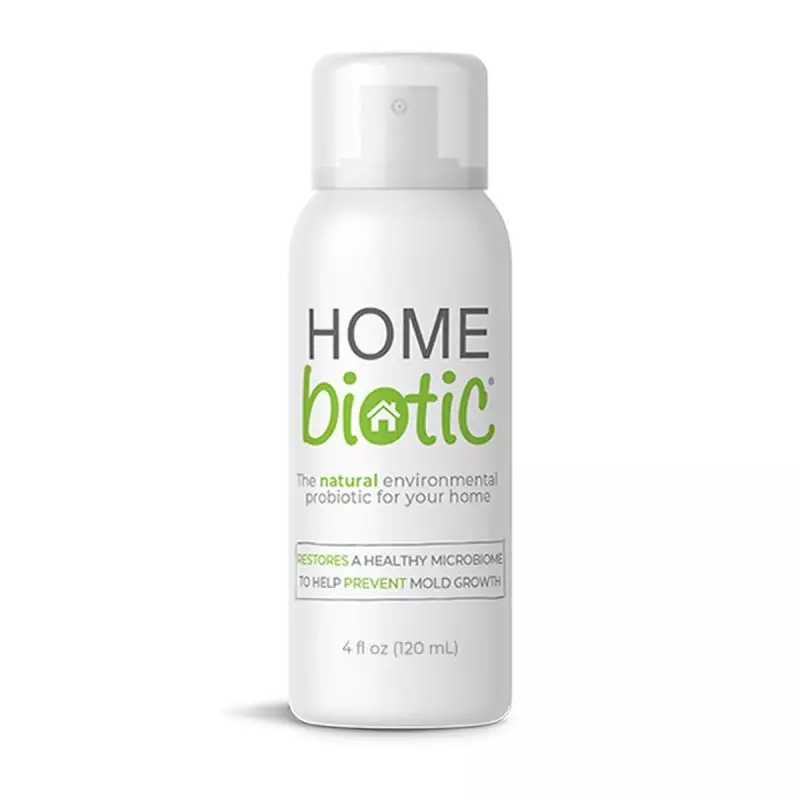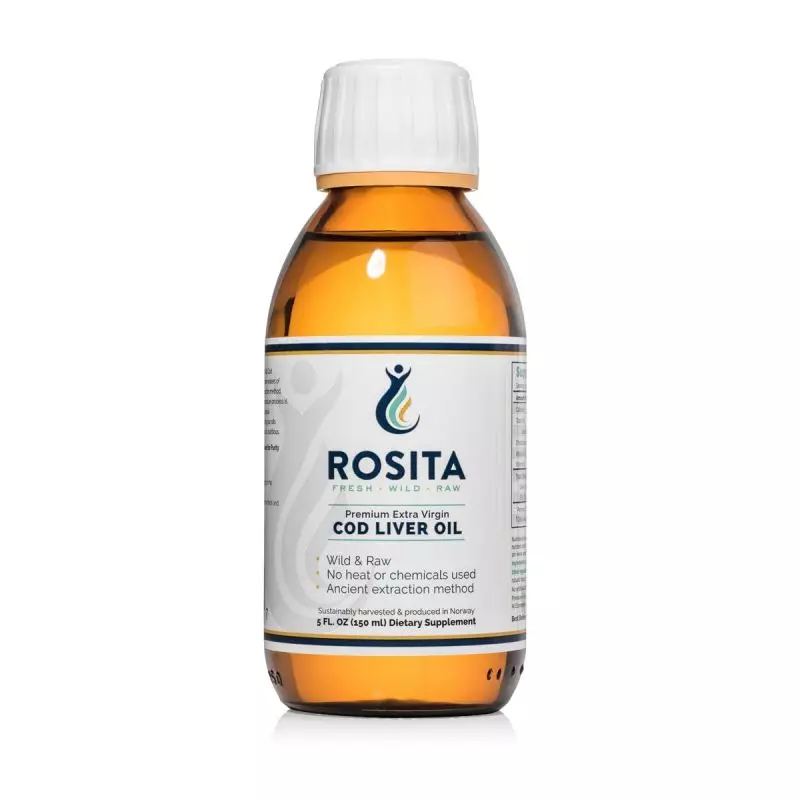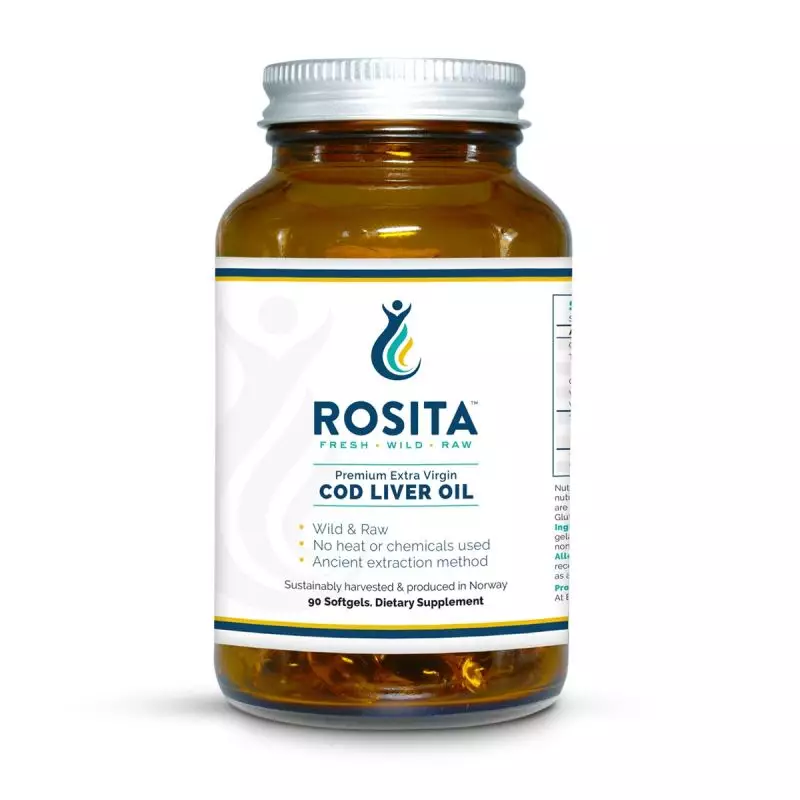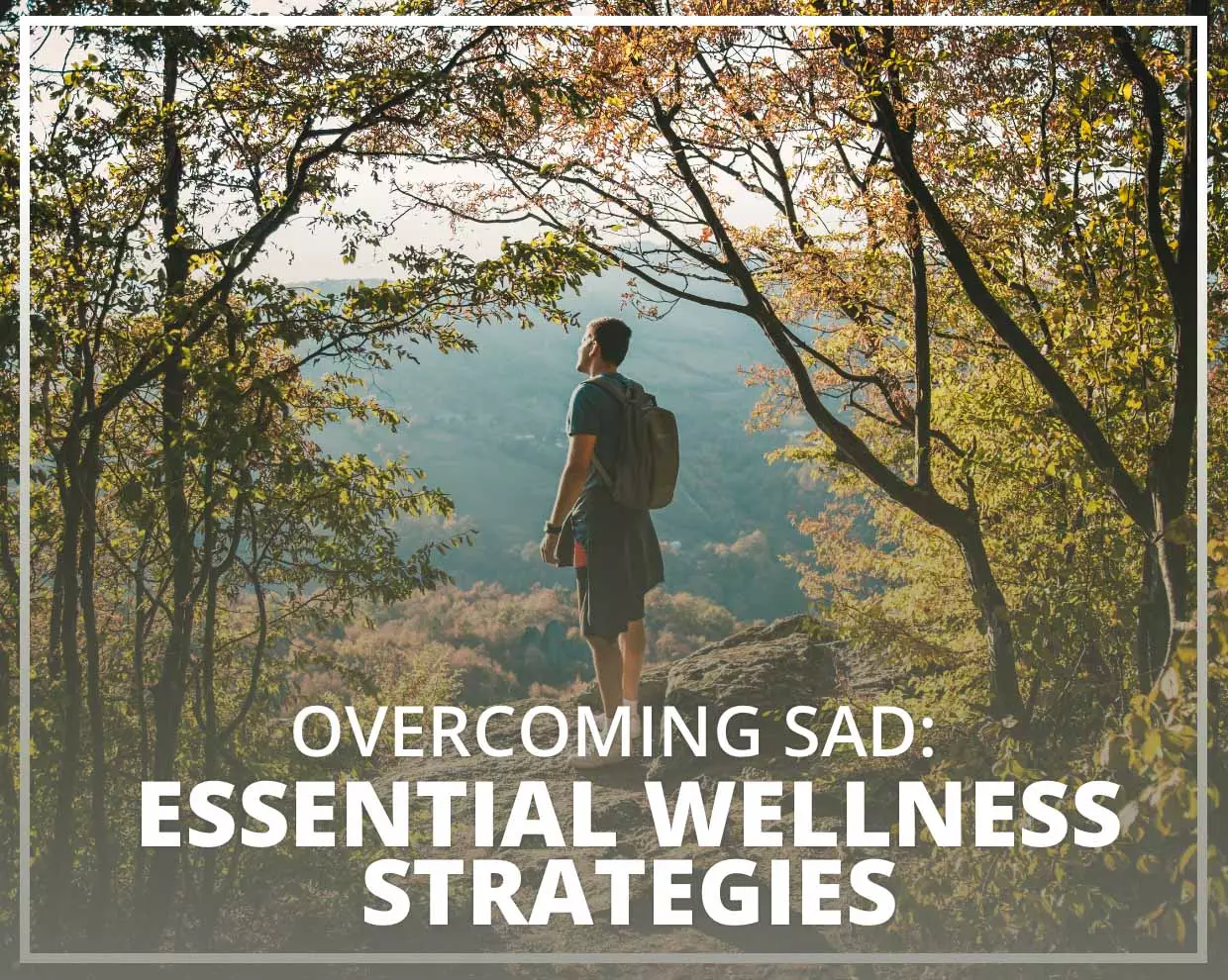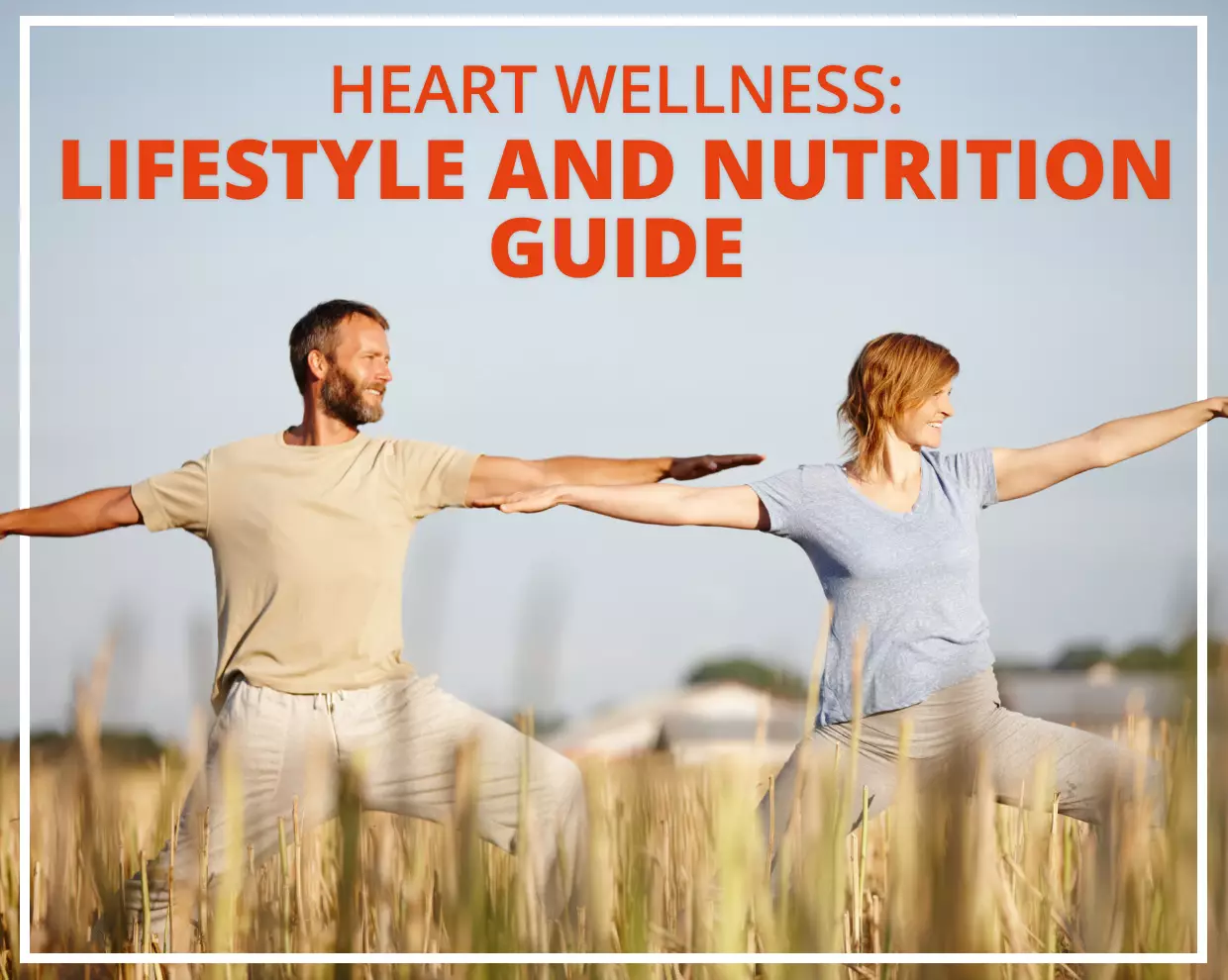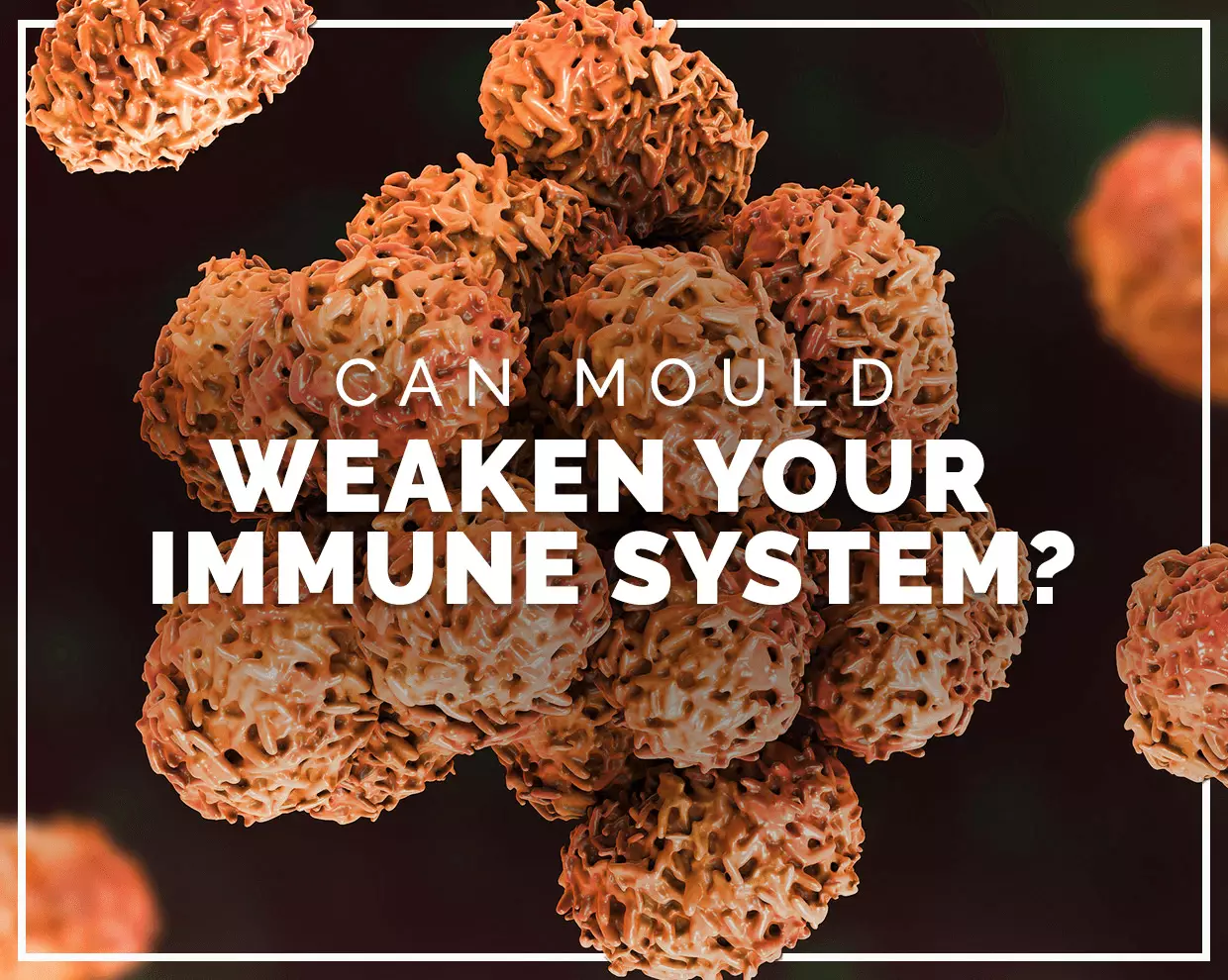Myth #1: The immune system can be “boosted”.
Scientifically, there’s no such thing as ‘boosted immunity’. In fact, you wouldn’t want your immune system to be constantly boosted. Here’s why: Our immune system contains many different cell types that respond to different microbes. This innate immune response occurs when a virus gets past our body’s defences, such as our skin, the airways and mucus membranes, and puts our body into a state of high alert and attack. If these immune responses could be “boosted” as and when we pleased, our body would be in a constant state of warfare and we’d start to feel unwell constantly(1). For example, issues such as asthma, eczema and food allergies are all symptoms of an overactive immune system, not a ‘weak’ one.
While many products on the market claim to “boost” immunity, which has become a common marketing phrase, the concept makes little sense scientifically. Our immune system is made up of immune cells such as leukocytes and white blood cells, and as of yet, scientists don’t know which mix of cells is the optimum number for the system to work at its best(2).
You want your immune system to be balanced, not boosted(3). So the next time you read that a particular vitamin helps to ‘boost’ your immune system, it will actually be helping to support the balance of your immune system. For example, vitamin C is known to support your immune system by assisting with cellular functions of the innate and adaptive immune system(4). In other words, finding balance, not boosting.
Shop immune balancing products.
Myth #2: Sleep quality doesn’t affect your immunity.
The quality of our sleep and our immune system’s adaptability is intrinsically linked. When our immune system is stimulated by foreign microbes and an inflammatory response is activated, this can also disrupt our sleep health which in turn further stresses the body(5). Hence, getting adequate sleep quality during infection is associated with a reduced risk of prolonged or worsened infection, helping to enhance the body’s defence mechanisms and therefore recovery(6).
But research over the past few decades consistently shows that sleep deprivation depresses the immune system’s disease-fighting abilities. In fact, studies have shown that short-term, laboratory-based sleep deprivation is associated with increased leukocyte activation, which causes negative changes in pro-inflammatory cytokines such as C-reactive protein and free radicals(7).
Studies have even taken blood samples from identical twins with different sleep patterns and discovered that the twin with the shorter sleep duration has a depressed immune system, compared with the sibling(8). Even a single night of poor sleep can impair the immune system by reducing the number of natural killer cells, as one study found. Healthy males who had a disturbed night of sleep between 10pm and 3am showed suppression of IL-2 - Interleukin-2, which stimulates and enhances the function of other T-cells, natural killer (NK) cells and B-cells). What’s more, even after a night of recovery sleep, IL-2 production remained suppressed(9).
But how many hours of sleep is best? Research shows that sleep needs vary person by person, however, most adults need 7-8 hours a night, while teens need 9-10 hours, school-aged kids need at least 10 hours, pre-schoolers need 11-12 hours, and new-borns need 16-18 hours(10).
Shop sleep supporting products.
Myth #3: Feeling happy has nothing to do with your immune system.
Our mental health is just as important as our physical health when it comes to our immune system. It’s well known that chronic stress and even feelings like constant loneliness can impair normal immune system function. Research has found evidence in patients’ saliva, blood and plasma that psychological wellbeing boosts the body’s immune response and improves resistance to infection(11). The theory is that psychological imbalance can cause oxidative stress that triggers inflammation and nitrosative stress, which contributes to things like depression and even bowel issues like IBD, which reaffirms the relationship between stress and the gut(12).
Shop for products to support brain health.
Myth #4: Age and immunity are not linked.
We know that the immune system gets weaker as we age – which is a key reason why those over the age of 70 are most at risk from diseases and infections(13). However, we also know that some people have an immune system that is significantly older or younger than their biological age. The good news is that there are ways to turn back the immunological clock. The decline in our immune system health starts during puberty and can be accelerated by all kinds of lifestyle factors. For example, people who smoke or are obese, or sedentary are more likely to have an immune system that is older than their chronological years(14).
One reason that our immune system ages relates to the fact that as we get older, some of our immune cells start to misbehave. One class of immune cells are called neutrophils, the most common type of white blood cell that provides the body’s first line of defence against infection by charging at intruder cells and engulfing them like Pac-Man. However, older neutrophils become worse at hunting down invaders and often blunder off in the wrong diffraction like they’ve lost their satnav(15).
Myth #5: Your immune system doesn’t have a memory.
Your immune system is extremely adaptable, which is why human beings have survived this far. Once a foreign substance is recognised by your body, the immune system’s defence mechanisms kick in and start to attack it as well as store a record of it, similar to a computer hard drive. Not only this, but if the foreign body comes back again, your body remembers it and knows what to do, as in the case of measles, where one infection is usually enough to protect you for life(16). Scientists call this innate ability to remember information as our “immunological memory”, and it explains why we can more easily fight off infections if we’ve had them before. Our immune system can remember specific antigens that previously activated it and launch a more intense immune reaction when encountering the same antigen a second time around(17).
Takeaways
The intricacy of our immune system and its ability to remember previous foreign antigens shows how complex the system is, and explains why there is little science in the claim that we can “boost” it ourselves. What we do know is that our lifestyle has a significant impact on the health of our immune system and our biological age. By keeping active, eating a healthy diet and supplementing what’s missing or lacking, looking after our mental health, keeping stress levels in check and getting enough quality sleep, we can help protect our immune system from the damaging effects of ageing.

 AU Store
AU Store  UK Store
UK Store NZ Store
NZ Store EU Store
EU Store

